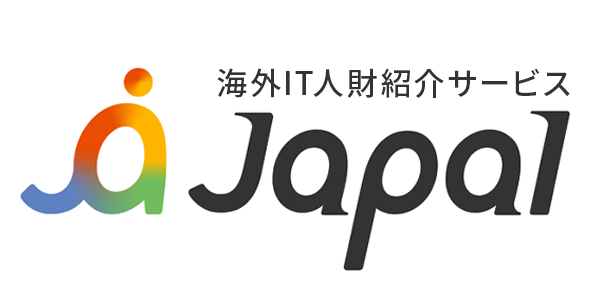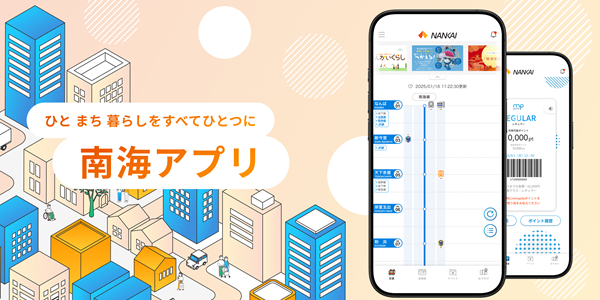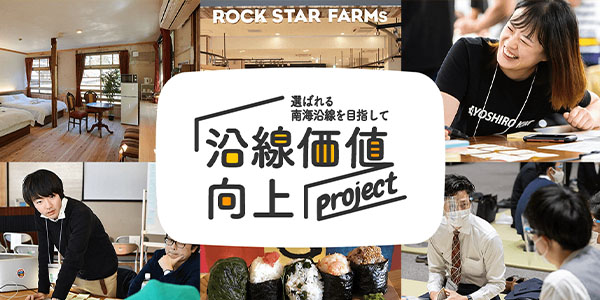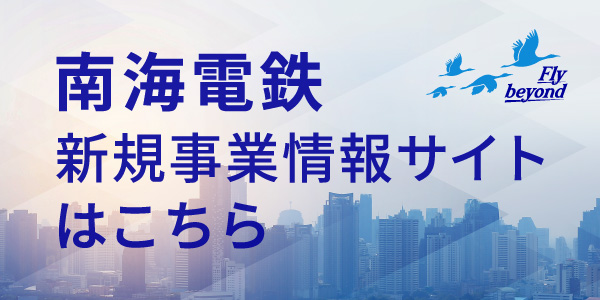Deepening environmental management
Basic Concept
Railways are said to be more environmentally friendly than other modes of transportation, with CO2 emissions per person traveling 1 km being approximately 1/7 * of that of a private car. Our group has developed a public transportation network centered on railways, and is promoting urban development and related businesses and environmental conservation activities linked to the public transportation network, with stations as its bases, thereby contributing to the development of local communities as well as reducing the burden on the environment.
In terms of environmental management, in addition to ensuring thorough compliance with environmental laws and regulations, we aim to establish voluntary operation of an environmental management system and improve environmental information disclosure at the level required by ISO 14001. With regard to climate change countermeasures, we support the TCFD recommendations and are strengthening our management and disclosing information based on these recommendations.
In order to deepen our environmental management, it is extremely important that each employee maintain and improve their awareness of environmental conservation. For this reason, we are working to foster a corporate culture in which employees proactively participate in and contribute to environmental activities and the revitalization of railway lines, by not only providing employee education but also by operating a unique system that recognizes and commends employees who are highly environmentally aware and proactively engaged in environmental activities.
Source: Ministry of Land, Infrastructure, Transport and Tourism "Carbon dioxide emissions per transport volume (passengers) 2023"
Supporting the recommendations of the Task Force on Climate-related Financial Disclosures (TCFD)
Responding to climate change and supporting the TCFD recommendations
The world is facing a climate crisis, with rising average temperatures, extreme heat, and increasing frequency of heavy rain and flooding. Therefore, we have begun efforts to strengthen risk management in anticipation of the impact of climate change on our business and to integrate these measures into our business strategy. In September 2021, we endorsed the recommendations of the Task Force on Climate-related Financial Disclosures (TCFD)*, which aims to reduce the risk of financial market instability caused by climate change.
Information disclosure based on the proposal can be found here

Established in 2015 by the international organization, the Financial Stability Board, the initiative recommends that companies assess their own business risks and opportunities arising from climate change, understand the financial impact, and disclose that information.
Nankai Group Medium-Term Environmental Goals (FY2025-FY2027)
| environmental issues | Mid-term Environmental Goals and Major Measures | Goals to be achieved by fiscal 2027 |
|---|---|---|
| 1. Global warming restraint | Reducing CO2 emissions at Nankai Group Reduce by more than 46% by fiscal 2030 (compared to fiscal 2013) ・Energy-saving and renewal of vehicles (railways and buses) ・Promoting energy-saving measures at owned real estate and distribution facilities ・Introduction and utilization of renewable energy in railways and other business activities | ・37% reduction in CO2 emissions |
| Offset credits using "Nankai Forest" | ・Acquisition of 5,000t of credits and their effective use | |
| 2. recycling society Realization of | Promoting efficient use of resources and the 3Rs of waste ・Reducing water usage at Nankai Group ・Promoting effective use of resources and the 3Rs of waste | ・Maintain water intake per unit of 6.5 m3/million yen or less ・Promotion of 3Rs (horizontal recycling of PET bottles, etc.) ・Replacing tap water used in business activities with industrial water, etc. |
| 3. Biodiversity Conservation of | Conserving biodiversity in areas along our railway lines ・Conservation activities at "Parks Garden" and "Nankai Forest" ・Hosting environmental events | ・Promoting conservation activities for "Parks Garden" and "Nankai Forest" ・Environmental certification for our facilities |
| 4. Environmental Management Deepening | Promoting environmental management systems ・Compliance with environmental laws and regulations through the voluntary operation of an environmental management system | ・Understanding the status of compliance with environmental laws and regulations in each division of the head office ・Improvement of employees' awareness of environmental conservation |
| Promoting environmental information disclosure | ・Information disclosure in line with TCFD ・TNFD disclosure |
Nankai Group Medium-Term Environmental Goals (FY2021-FY2024)
As a result of implementing measures for each item to achieve our mid-term environmental targets, we were able to largely achieve our targets in fiscal 2024.
| environmental issues | Mid-term environmental goals and major measures (goals to be achieved by fiscal 2024) | FY2024 results [FY2024 achievement targets] | evaluation |
|---|---|---|---|
| 1. Global warming restraint | Reducing CO2 emissions at Nankai Group | ・CO2 emissions figures for fiscal 2024 | △ |
| Utilization of renewable energy | ・ Namba Parks, NAMBA SkyO and | ◎ | |
| 2. recycling society Realization of | Preparations for the creation of smart cities along the railway line | ・Implementing a demonstration project for the NANKAI on-demand bus | 〇 |
| Promoting the effective use of resources and the 3Rs of waste | ・17% reduction in water intake per unit ・10% reduction in waste recycling rate ・60% reduction in paper usage at head office | △ | |
| 3. Biodiversity Conservation of | Conserving biodiversity in areas along our railway lines | ・Maintenance and management of the "Tanagawa Biotope" ・Based on Nankai Group material procurement policy, ・Public events held four times a year [four times a year] | 〇 |
| 4. Environmental Management Deepening | Climate change risk analysis and disclosure | ・Subject to analysis and disclosure in line with TCFD recommendations ・CDP rating B- (climate change) [A- (climate change)] | △ |
| Evaluated equivalent to ISO14001 certification | ・Manage your own compliance plan, etc. ・External audits were conducted at one department at the head office and Chiyoda Plant. | 〇 | |
| Raising employee awareness of environmental conservation and ensuring compliance with environmental laws and regulations | ・272 certified ECONists [100 people], ECONists ・Two new companies have joined the group | 〇 | |
| 5. Greenville Expanding the ding | Expanding environmentally friendly buildings (green buildings) | ・October 2024 Nankai Namba 1st Building | 〇 |
| 6. Appropriate information Call | Publication of an integrated report | ・Publishing Integrated Report 2024 | 〇 |
| others | Implementing various environmental activities | ・Sponsored by Nankai International Travel Co., Ltd. | 〇 |
◎: Target was exceeded. 〇: Target was achieved. △: Target was not achieved.
Raising employees' awareness of environmental conservation
Encouraging the Eco Test (Certification Test for Environmental Specialists)
Our company encourages employees to take the Eco Test (Certification Test for Environmental Specialists) sponsored by the Tokyo Chamber of Commerce and Industry, and since 2008 has been subsidizing exam fees and other expenses for successful candidates. This is based on the aim of having many employees acquire or reaffirm basic knowledge of environmental issues, and to raise awareness of activities to reduce environmental impact. In 2008, there were only four employees who had passed the Eco Test, but through ongoing employee awareness-raising activities, this number has increased to 468 (cumulative total) by 2024.
Changes in the number of eco certification holders (cumulative total)
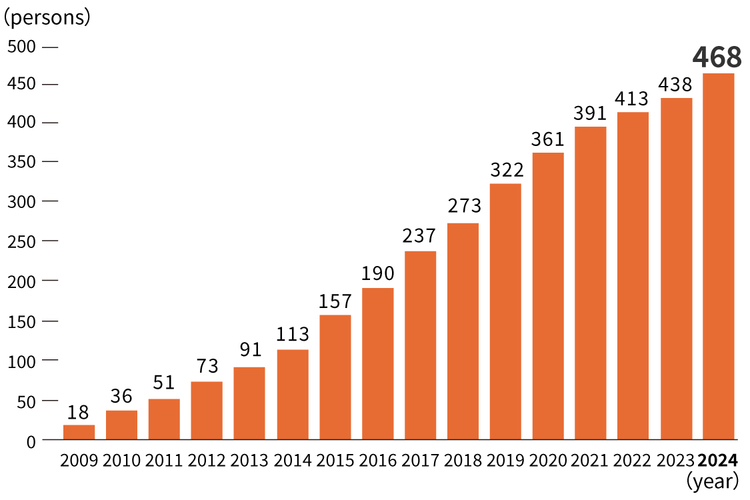
econist plus (Plus)
On April 1, 2014, we introduced our own econist Program, which we continue to implement. econists are our employees who have a strong environmental awareness and actively and independently engage in environmental activities. This initiative was initiated out of the need for a change in awareness to overcome the harsh business environment in which our company finds itself, and has two main objectives as an environmental response: "to stimulate environmental activities that will increase the appeal of areas along our railway lines and our facilities," and "to foster a corporate culture in which employees actively participate in and contribute to revitalizing railway lines and environmental activities."
In the first year, fiscal 2014, 43 employees were certified as econists. Since then, as employees' environmental awareness has improved, the number of certified econists has increased year by year, reaching approximately 270 in fiscal 2024. A new awards system, econist plus (Plus), will be launched in fiscal 2025, and will award Econist+ employees with commendations based on the number of times they have been certified, as well as additional prizes that emphasize environmental consideration.
Changes in the number of certified econists
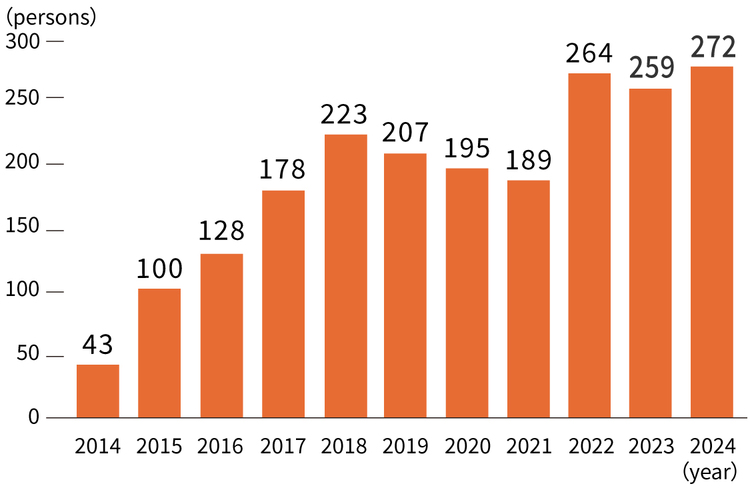
Due to the COVID-19 pandemic, several activities will be suspended from 2020 to 2021.


